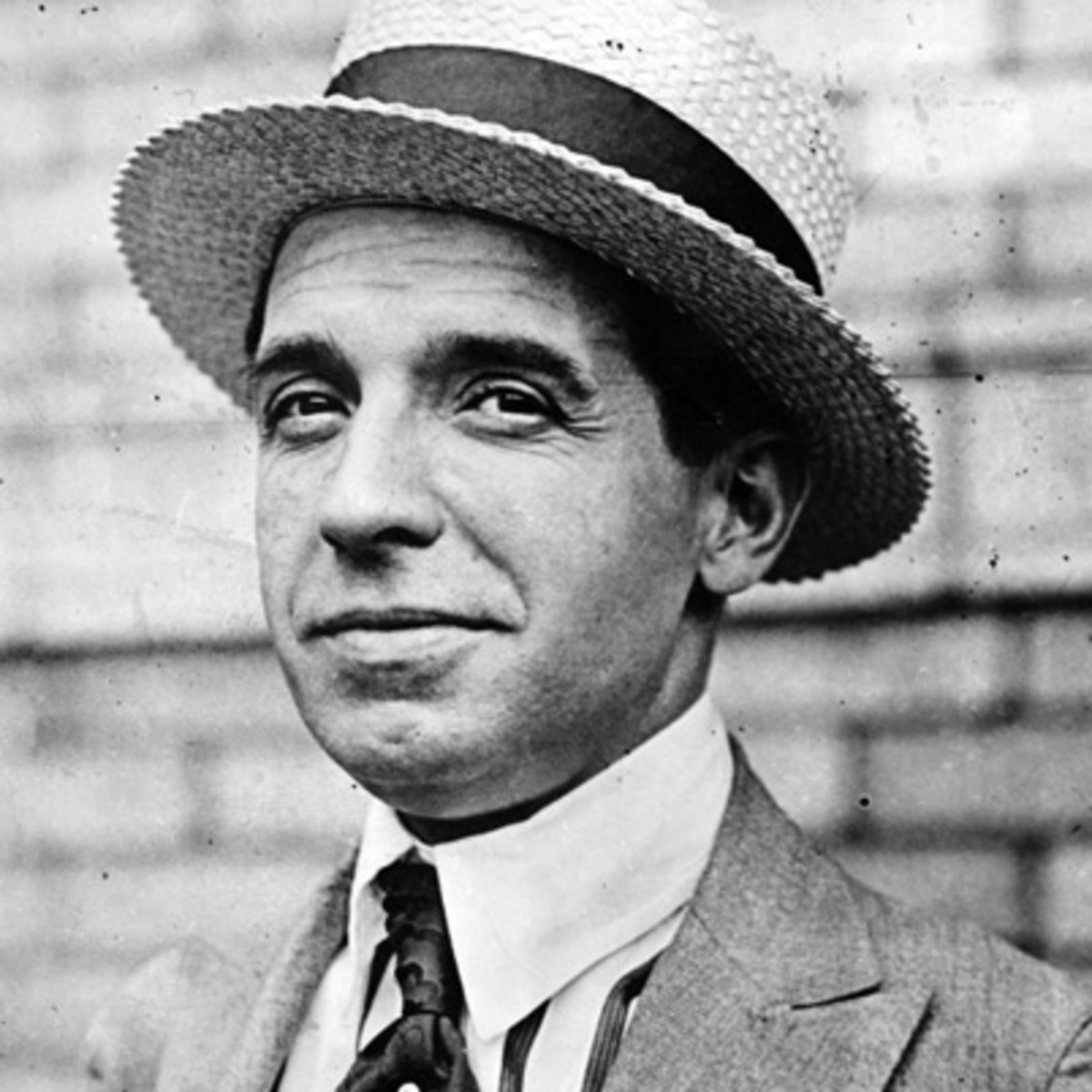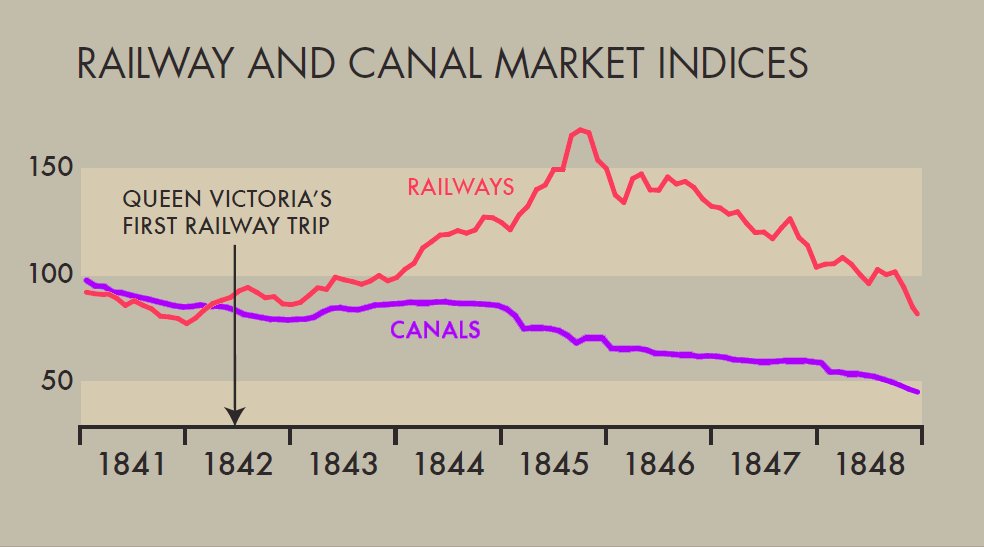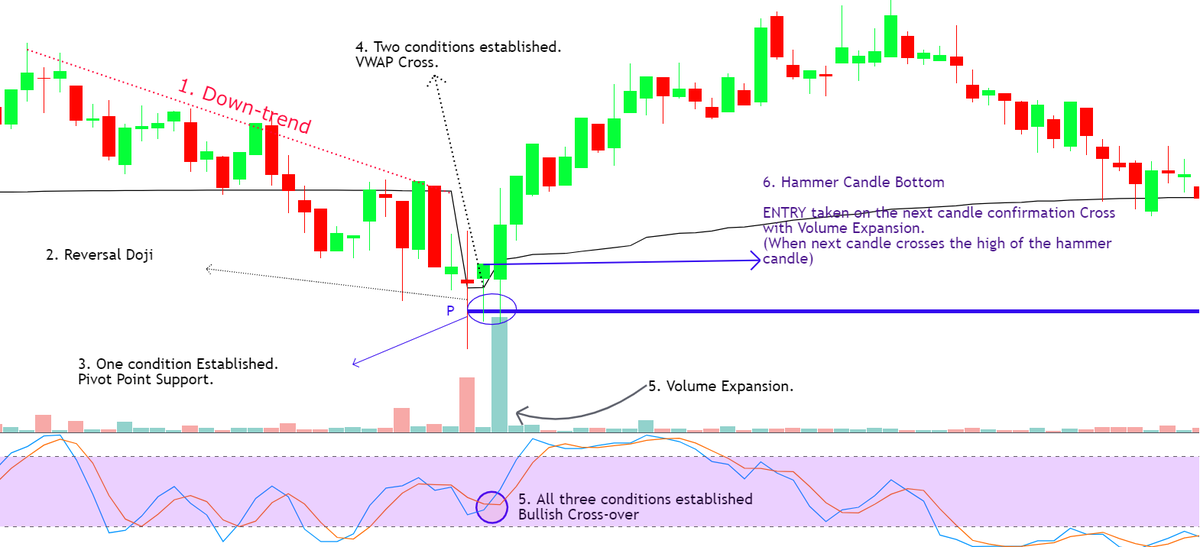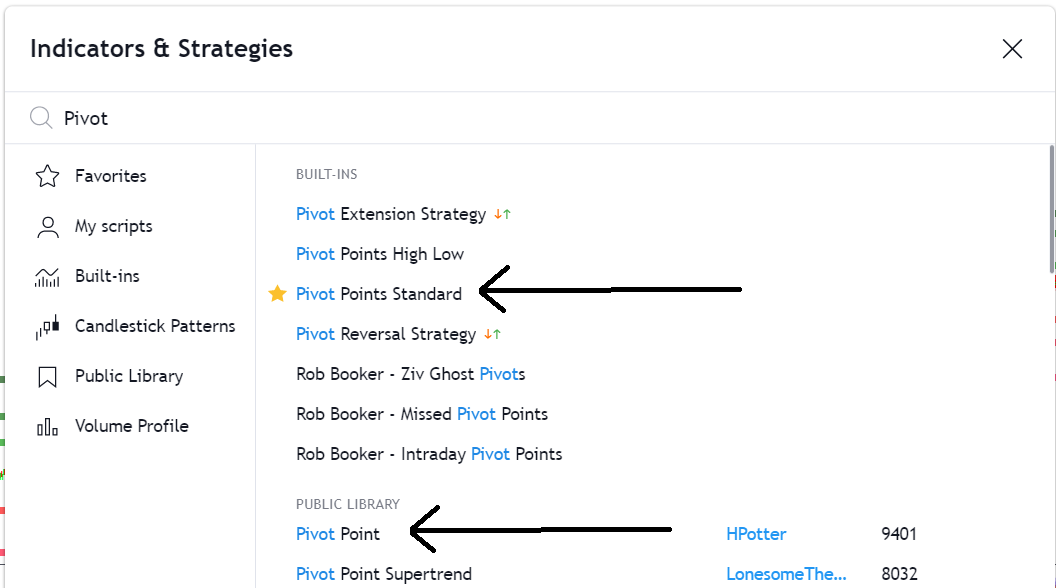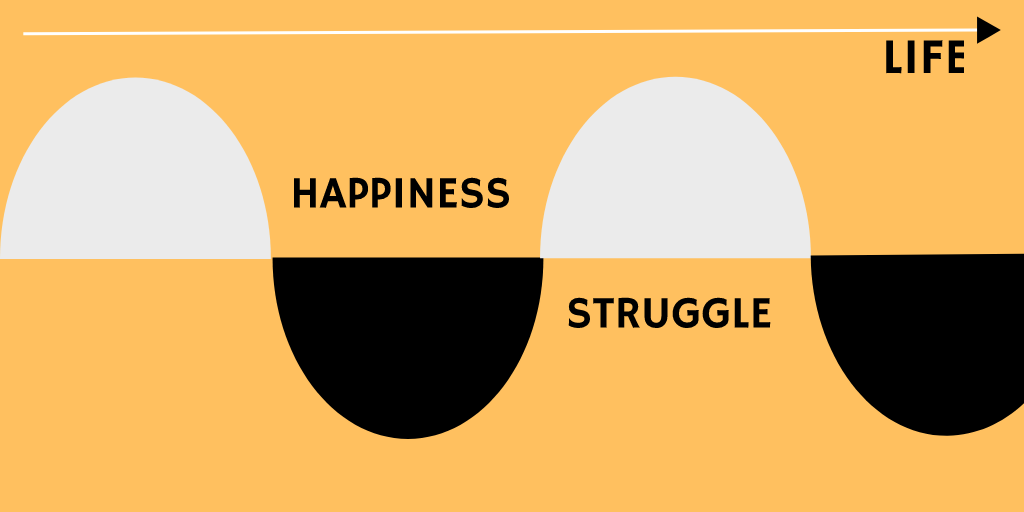He was a mathematician, physicist, astronomer, theologian, and author.
Isaac Newton: A brilliant scientist, a terrible investor
How Issac Newton lost $4 million due to the first stock market bubble in history and insider trading
/THREAD/

He was a mathematician, physicist, astronomer, theologian, and author.
However, his most prominent failure was losing an entire fortune in the first stock market bubble in history, the South Sea Company in 1720.
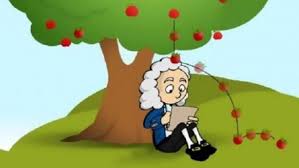
Before 1720 most of his investments were in safe and reliable securities, various government bonds that delivered a regular stream of income, and shares in a few of the larger companies on the exchange, including South Sea Co.
Government bondholders were given the option to exchange their securities into South Sea Co. shares.
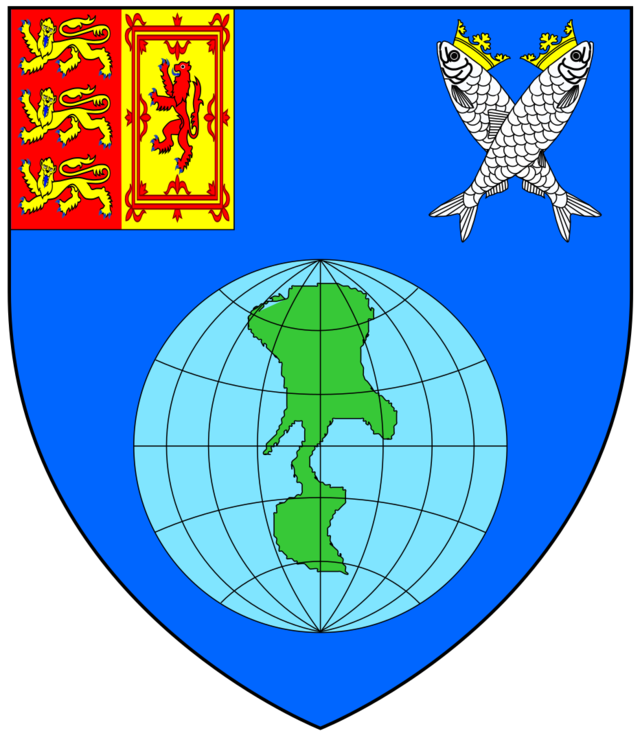
However, the potential for dividend increases and sizable capital gains was created when Parliament gave the company a monopoly on trade with Spain’s colonies in South America.
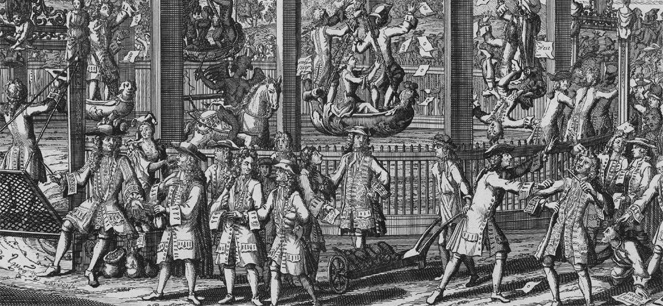
It required all companies that sold stock to the public to hold a royal charter aiming to control rampant speculation.
A well-bribed Parliament and ruling ministry accepted the idea in February, and the deal became official in April.
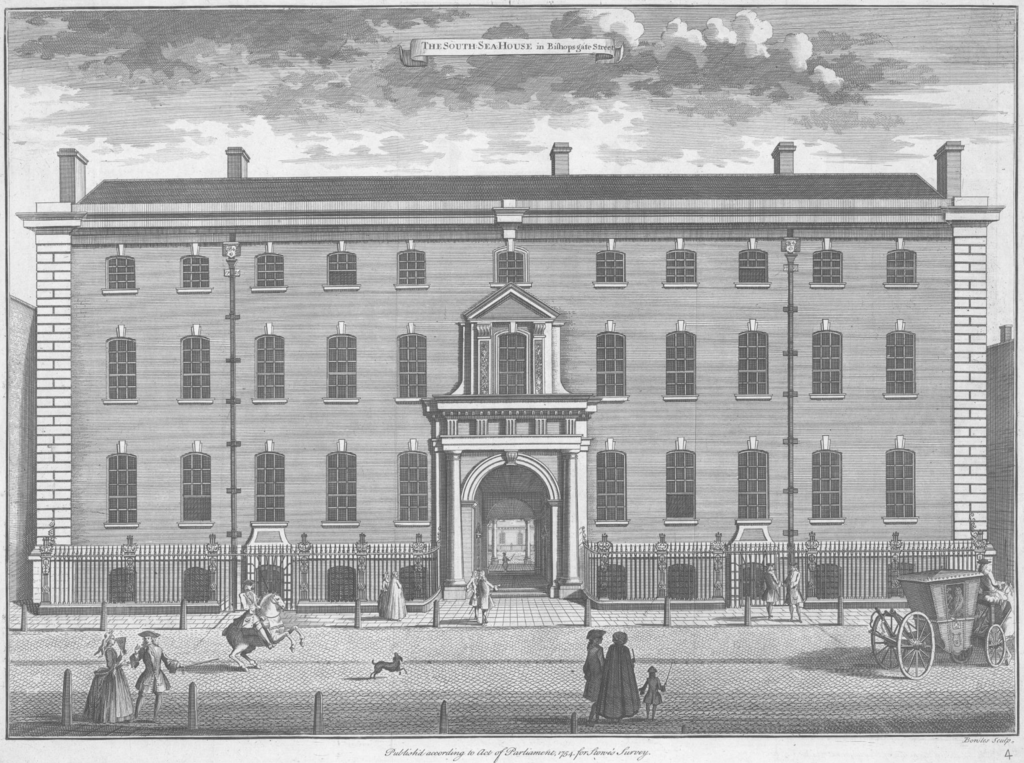
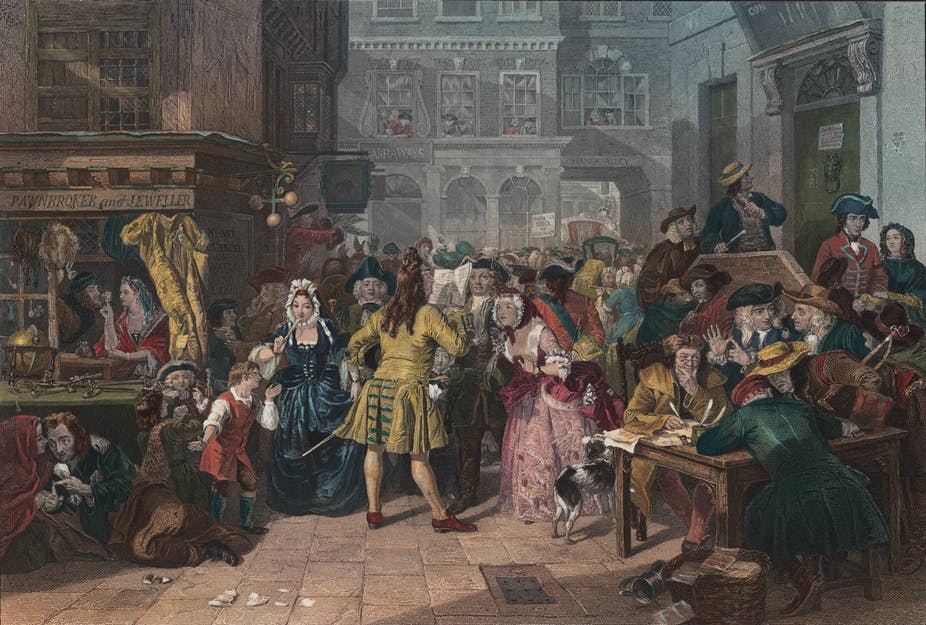
Over the next eight years, he picked up more shares, using his savings and the proceeds from selling his shares in other companies.
In 1720, he converted his government bonds and annuities into the stock.
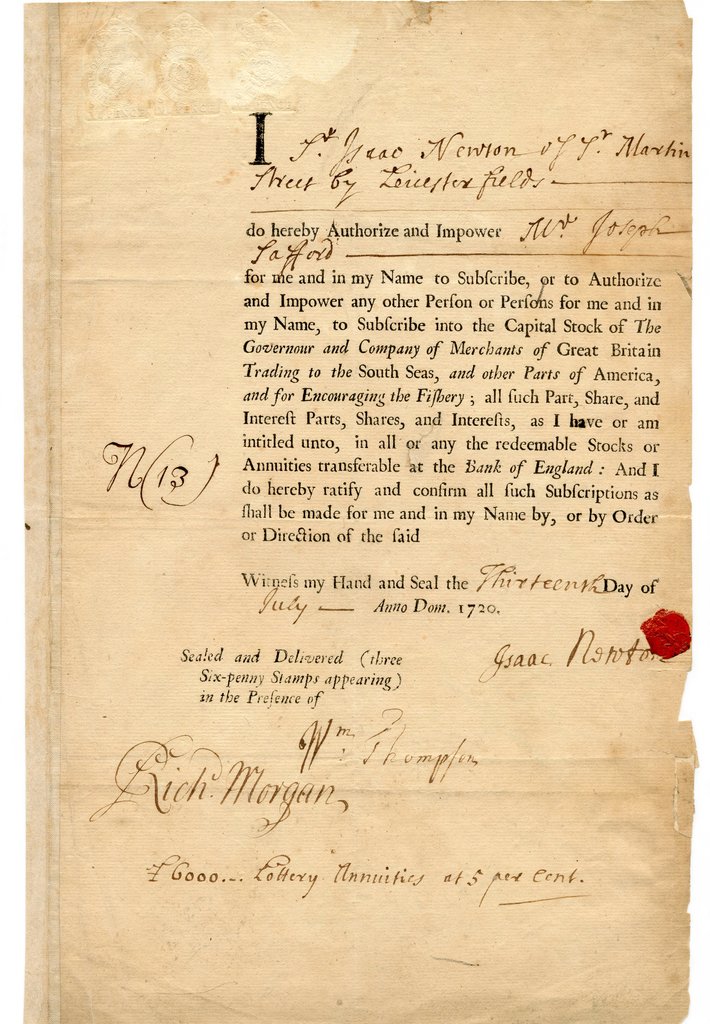
At this point, Newton unloaded most of his shares for a profit of more than £20,000 equal to 200 years of his former annual salary as a professor at the University of Cambridge.
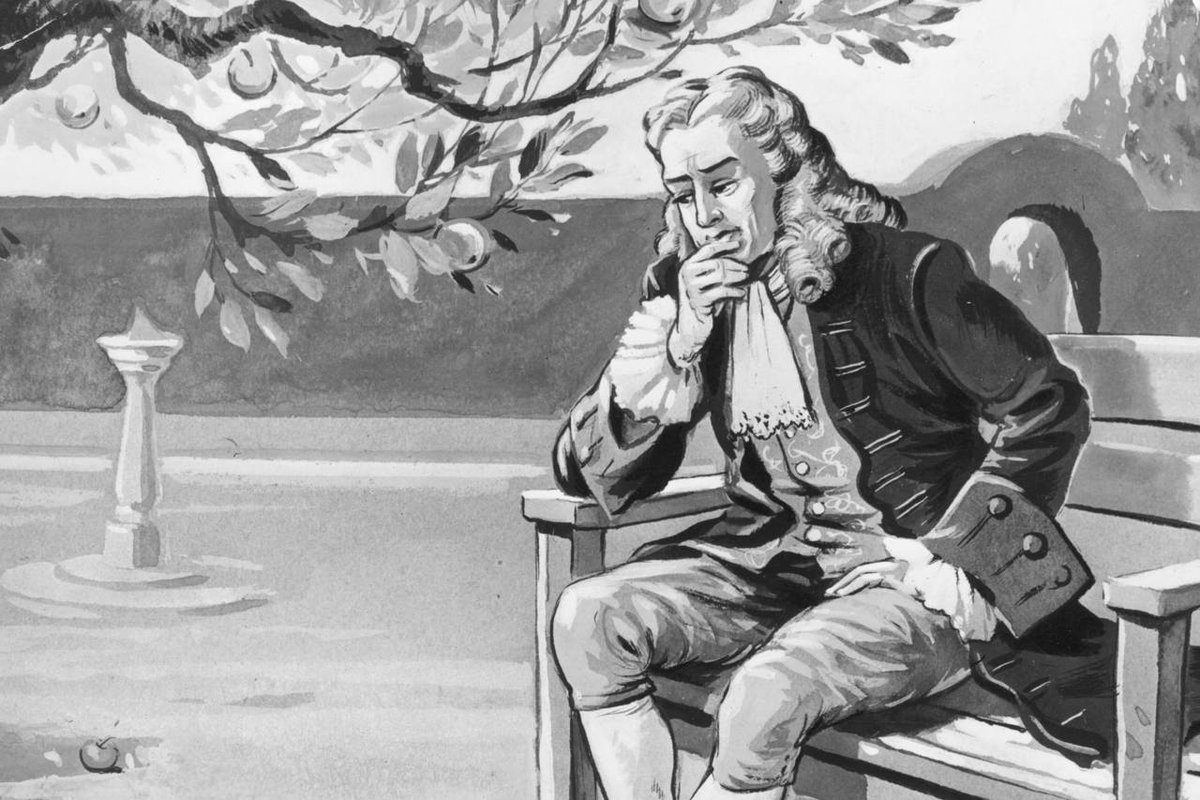
This was amplified by the hundreds of newspapers in London posting glowing articles from esteemed authors, along with rumors about South American commodities that would be imported back to Europe.
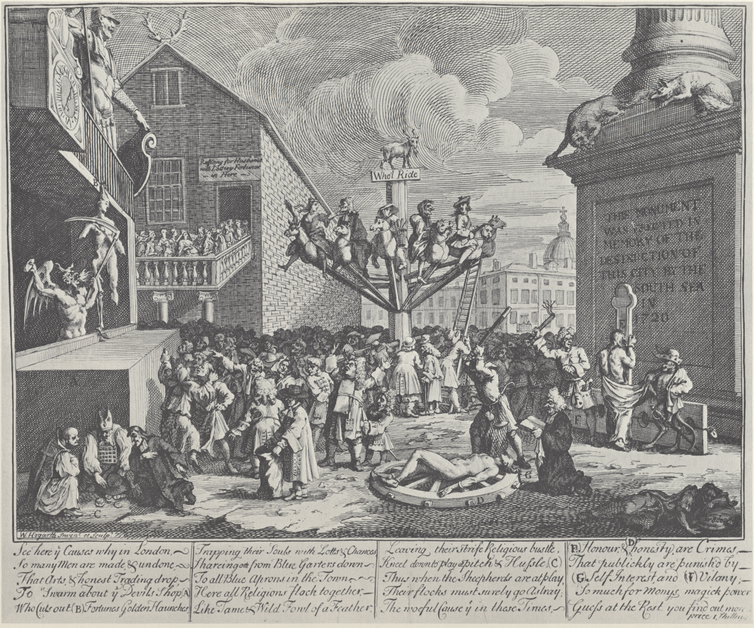
The stock was also made easier to buy through installment plans with 10% downpayments.
With England in a euphoric mood, watching from the sidelines was hard to do.
By mid-June, Newton could no longer stand the thought of the money he’d “lost” by selling too soon and began to buy back in.
By mid-August, he was paying £700 to £1,000 a share, more than double the price he’d sold in April.
In the summer, news broke that insiders were selling.
The stock began to tumble and within a few weeks, plunged back to the £200 level.
So ended the infamous South Sea Bubble.
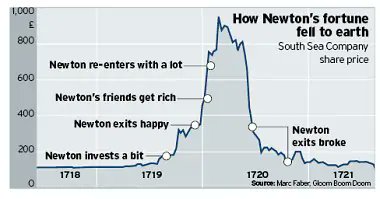
Newton’s losses were catastrophic, likely £20,000, the equivalent of $4 million today.
1720 was sometimes referred to as the “Bubble Year”

He allegedly forbade everyone from uttering the words "South Sea" in his presence.
/END/

👇👇👇
https://t.co/ggB2vFv9Ha
Isaac Newton: A brilliant scientist, a terrible investor
— Kostas Kosmidis \U0001f468\u200d\U0001f4bc \U0001f4c8 \U0001f4b8 (@itsKostasWithK) January 10, 2021
How Issac Newton lost $4 million due to the first stock market bubble in history and insider trading
/THREAD/ pic.twitter.com/uCU0zDVyw9
More from Kostas Kosmidis 👨💼 📈 💸
How Volkswagen went from being on the brink of bankruptcy to the most valuable company in the world in two days
/THREAD/
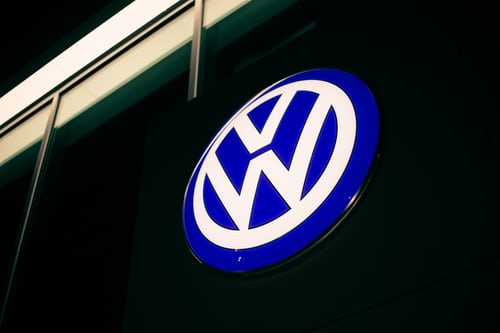
1/ At the peak of the 2008 financial crisis, Volkswagen was considered a very likely candidate for bankruptcy.
Heavily indebted and already financially struggling before 2008, with car sales expected to plummet due to the ongoing global crisis.
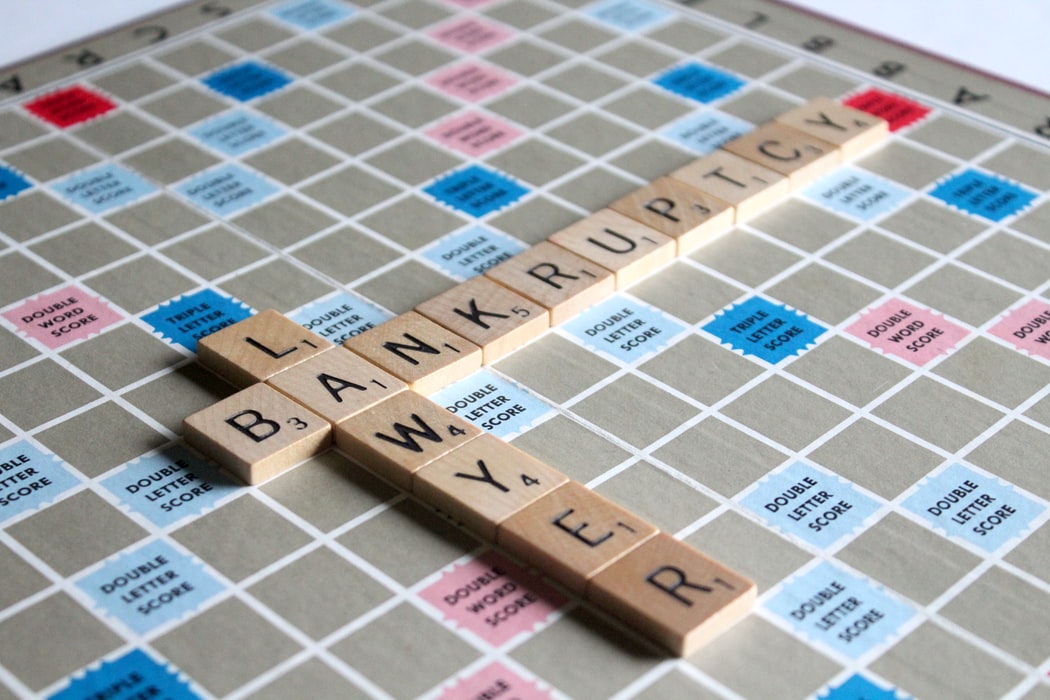
2/ With GM and Chrysler filing for bankruptcy in 2009, shorting the VW stock would seem a safe bet.
If you are not familiar with stock shorts and short squeezes check my thread
Shorts, Squeezes, and Betting Against Stocks
— Kostas on FIRE \U0001f525 (@itsKostasOnFIRE) January 27, 2021
What is short selling, how is it used and why is it risky?
/THREAD/ pic.twitter.com/PyDd208hFe
3/ On October 26, 2008, Porsche announced it had increased its stake at VW from 30% to 74%.
This was a surprise to many who were led to believe that Porsche wasn't planning a takeover of VW, based on the company's announcements.

4/ Before the announcement, the short interest was approximately 13% of the outstanding shares, a number considered relatively low.
Porsche had a 30% stake, the Lower Saxony government fund held 20% of the shares, and another 5% was held by index funds.
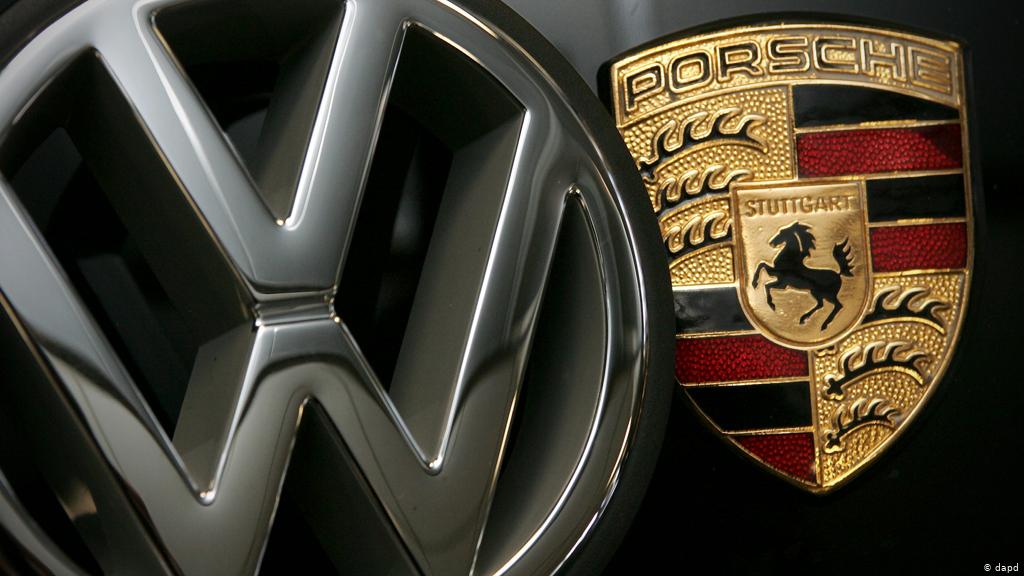
More from Trading
Complete Backtest and Indicator link
🧵 A Thread 🧵
𝗦𝗲𝘁𝘂𝗽:
🔸 Monthly Option Buying
🔸 50 ema on 3 min timeframe
🔸 Supertrend 10 , 3
🔸 Chart : Banknifty , Nifty Futures as we backtested on futures
🔸 Entry 9:20 to 3:00
🔸 Max 3 Entries per day
🔸 Premium nearest to 200 Rs only
[2/18]
Why Monthly Option buying ?
🔸 Less theta decay compared to weekly options
🔸 Less Volatility
🔸 Supertrend and MA Settings
[3/18]

🔸 Indicator Link
🔸 Click on the below 𝘭𝘪𝘯𝘬 -> 𝘈𝘥𝘥 𝘵𝘰 𝘍𝘢𝘷𝘰𝘶𝘳𝘪𝘵𝘦𝘴 -> 𝘈𝘥𝘥 𝘰𝘯 𝘊𝘩𝘢𝘳𝘵 from favourites and start using it !
🔸 https://t.co/zVXavqLBto
[4/18]
𝗜𝗻𝗱𝗶𝗰𝗮𝘁𝗼𝗿 𝗦𝗲𝘁𝘁𝗶𝗻𝗴𝘀 :
🔸 Max 6 Trades per day ( Both CE and PE buy)
🔸 Timings 9:20 am to 3:00 pm
🔸 Supertrend : 10,3
🔸 Moving Average 50 ema
[5/18]

You May Also Like
Like company moats, your personal moat should be a competitive advantage that is not only durable—it should also compound over time.
Characteristics of a personal moat below:
I'm increasingly interested in the idea of "personal moats" in the context of careers.
— Erik Torenberg (@eriktorenberg) November 22, 2018
Moats should be:
- Hard to learn and hard to do (but perhaps easier for you)
- Skills that are rare and valuable
- Legible
- Compounding over time
- Unique to your own talents & interests https://t.co/bB3k1YcH5b
2/ Like a company moat, you want to build career capital while you sleep.
As Andrew Chen noted:
People talk about \u201cpassive income\u201d a lot but not about \u201cpassive social capital\u201d or \u201cpassive networking\u201d or \u201cpassive knowledge gaining\u201d but that\u2019s what you can architect if you have a thing and it grows over time without intensive constant effort to sustain it
— Andrew Chen (@andrewchen) November 22, 2018
3/ You don’t want to build a competitive advantage that is fleeting or that will get commoditized
Things that might get commoditized over time (some longer than
Things that look like moats but likely aren\u2019t or may fade:
— Erik Torenberg (@eriktorenberg) November 22, 2018
- Proprietary networks
- Being something other than one of the best at any tournament style-game
- Many "awards"
- Twitter followers or general reach without "respect"
- Anything that depends on information asymmetry https://t.co/abjxesVIh9
4/ Before the arrival of recorded music, what used to be scarce was the actual music itself — required an in-person artist.
After recorded music, the music itself became abundant and what became scarce was curation, distribution, and self space.
5/ Similarly, in careers, what used to be (more) scarce were things like ideas, money, and exclusive relationships.
In the internet economy, what has become scarce are things like specific knowledge, rare & valuable skills, and great reputations.


